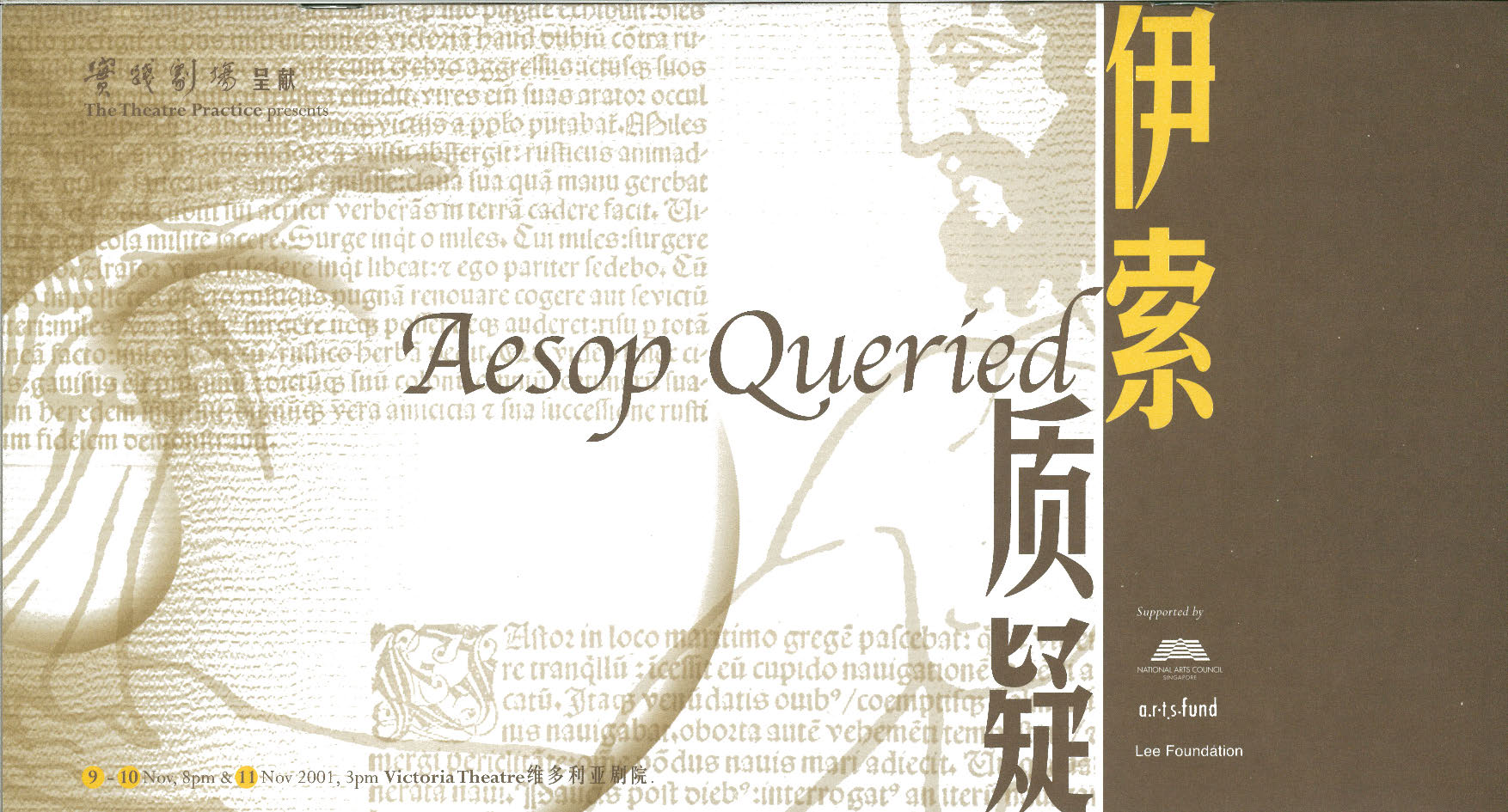The philosopher returns home with a present for his wife - the grotesquely ugly Aesop. The mistress initially repels Aesop's presence, but gradually enjoys the fables that he tells while the philosopher goes to see his students.
The philosopher returns with an army captain, and in his drunkenness promises the captain that he will give the captain all his possessions if he fails to drink up all the waters of the sea. The behaviour of the two so angered the mistress that she leaves the house.
The philosopher is upset by the fact that his wife has left him, and pleads with Aesop to think of a way to have her come back, promising Aesop his freedom.
Aesop takes a lot of money from the philosopher and shops in the city as if he is preparing for his master's wedding. While Aesop is away, the female slave attempts to seduce her master.
The mistress returns upon hearing this news. When Aesop asks for his freedom, the philosopher leaves in a hurry to see his students.
The philosopher returns to plead with Aesop to come to his rescue as the captain has asked him to honour his word to drink all the waters of the sea. Aesop ignores his pleas initially, but is finally moved to help him.
The people are requesting that Aesop be freed. The mistress also pleads with the philosopher to free Aesop. The philosopher agrees to free Aesop on one condition: that the mistress will stay behind. The mistress agrees.
Aesop leaves.
Some time later, Aesop is brought back to the philosopher by the captain. Aesop has been accused of stealing from the temple. If he is the philosopher's slave, the philosopher can decide on how he will be punished; if he is a free man he will have to be put to death.
The philosopher suggests that Aesop lie about still being a slave so as to escape death. Aesop's final decision is that he will die a free man, and not admit to being a slave.
